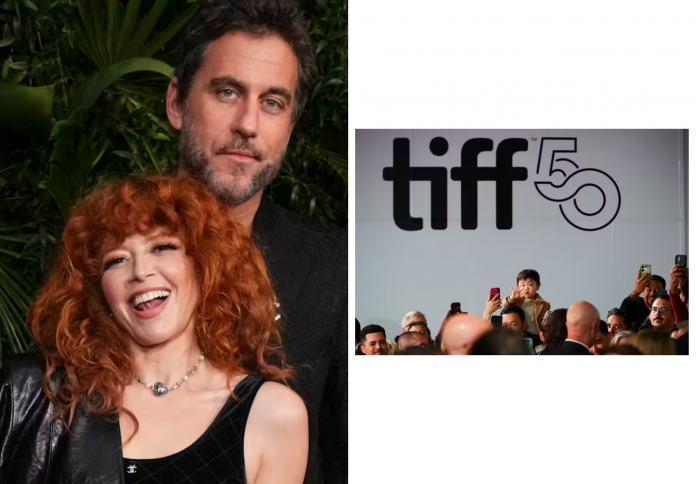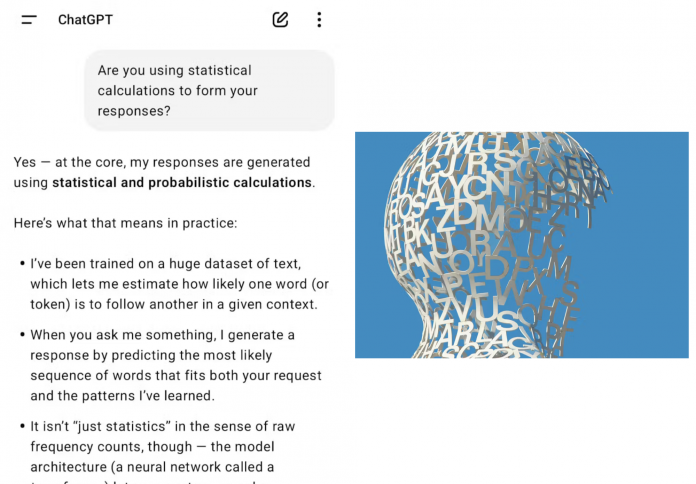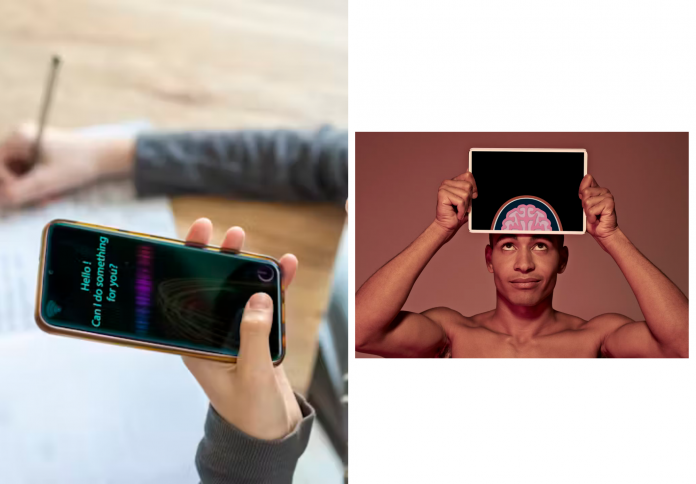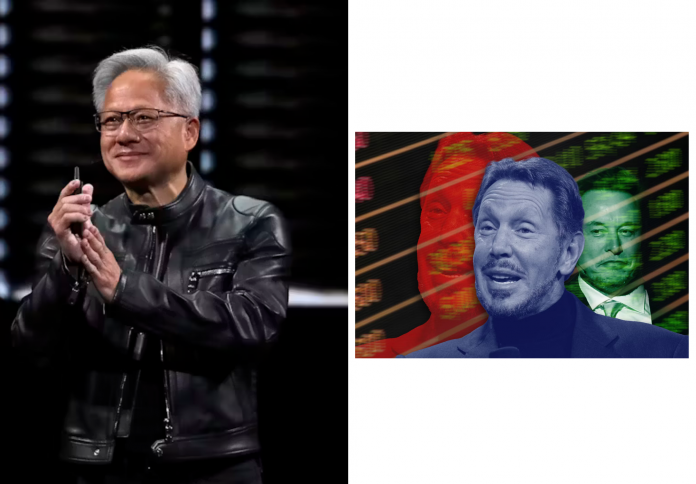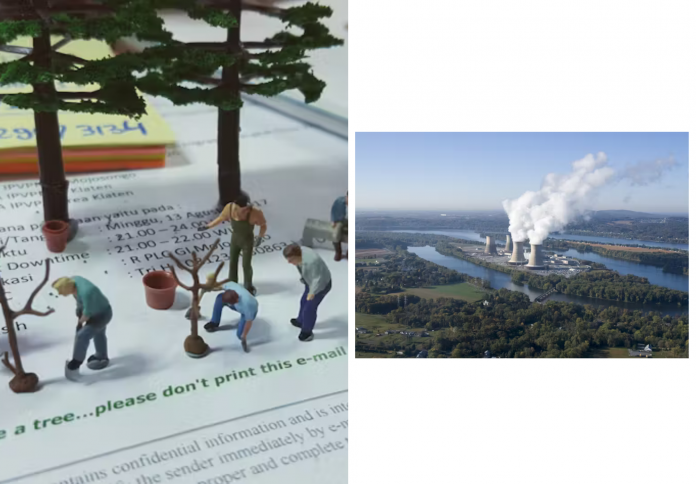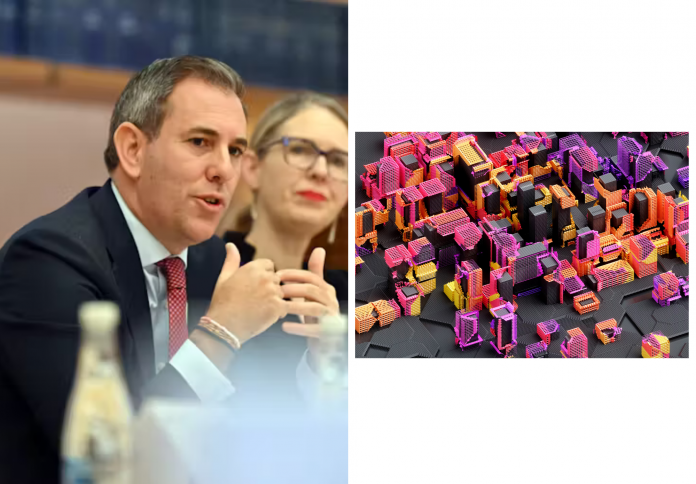In the hallowed halls of prestigious film festivals like TIFF, where the future of cinema is often decided, a new and powerful force has arrived. Artificial intelligence, once a distant concept, is now a tangible reality, shaping the films on the screen and the conversations in the hallways. The film festival, once a bastion of human creativity, is now a crucible where the industry’s gatekeepers are grappling with a technology that has the potential to both empower filmmakers and disrupt traditional creative roles. This is not just a passing trend; it is a fundamental shift in the very definition of cinema, a moment of profound change where the industry’s most influential voices are forced to confront the complex questions of authorship, creativity, and the role of the machine in the art of storytelling.
From the Studio to the Screen: The AI Revolution in Film
The film industry has always been an early adopter of new technologies, from the invention of the camera to the advent of computer-generated imagery. However, the integration of artificial intelligence is different. It is not just a new tool for special effects; it is a technology that is capable of transforming every stage of the filmmaking process. In pre-production, AI is already being used to analyze scripts, predict box office success, and even generate storyboards. In production, AI is a powerful tool for visual effects, from creating realistic deepfakes to generating entire digital worlds.
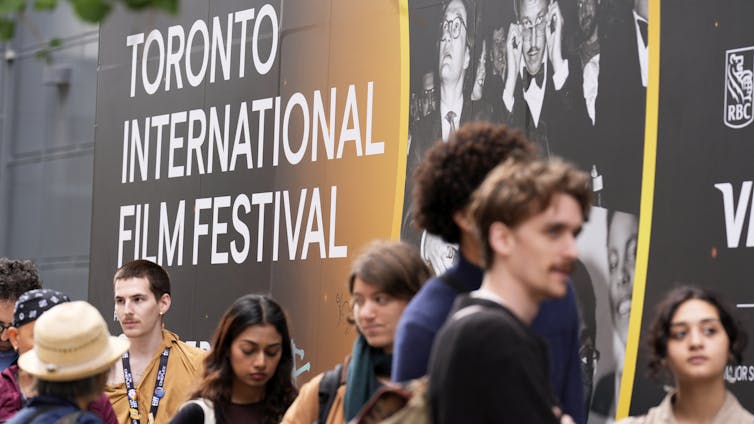
But the most profound impact of AI is in post-production. AI-powered tools are now capable of automating complex tasks like editing, sound design, and color grading. This has the potential to democratize the filmmaking process, allowing a new generation of filmmakers with limited resources to create professional-quality work. The AI revolution is not just about a few powerful studios; it is a grassroots movement that is changing the way films are made, from the smallest independent project to the largest Hollywood blockbuster.
The Festival as a Bellwether: The New Gatekeepers
Film festivals like TIFF are more than just a place to watch movies; they are powerful arbiters of industry norms. By including AI-generated or AI-assisted films in their lineups, they are implicitly validating the technology as a legitimate creative tool. This is a powerful signal to the broader industry, from independent filmmakers who are looking for new ways to tell stories to major studios who are looking for new ways to cut costs. The festival is a bellwether, a place where the industry can see what is coming and begin to prepare for it.
The festival’s embrace of AI is also a testament to the idea that the industry is not afraid of change. Instead of banning the technology, they are choosing to engage with it, to explore its potential, and to ask the difficult questions about its role in the future of cinema. This is a crucial step in the evolution of the industry, a sign that they are not just reacting to technological change but are actively shaping its future.
Authorship in the Age of Algorithms
The rise of AI in film is raising a number of profound philosophical and ethical questions. At the heart of the matter is the concept of “authorship.” If an AI writes a script, or generates a visual effect, who is the creator? Who is responsible for the final product? The traditional definition of an auteur, a filmmaker with a singular vision, is being challenged by a technology that is capable of collaborating with and even replacing human creativity.
This is a conversation that is not just happening in academia; it is happening in Hollywood boardrooms and in the hallways of film festivals. The industry is grappling with the question of how to credit a machine, how to compensate a non-human collaborator, and how to define a “work of art” in the age of algorithms. The answers to these questions will have a profound impact on the future of film and the rights of creators.
The Path Forward: A New Dialogue
The film industry is at a crossroads, and the path forward is not a simple one. This is not a time for fear or outright rejection of the technology. Instead, it is an opportunity for a new dialogue about creativity, collaboration, and the role of the filmmaker in the age of algorithms. The industry must work together to create a new set of rules and guidelines that address the ethical and legal questions raised by AI. This includes creating new standards for deepfakes, new rules for crediting AI collaborators, and new legal frameworks for copyright.
But beyond the rules and regulations, the industry must also embrace a new kind of creative thinking. AI is not just a tool for automation; it is a tool for artistic expression. It has the potential to empower a new generation of filmmakers, to help them tell stories in new and innovative ways, and to push the boundaries of what is possible in cinema. The future of film is not one where humans and machines are at odds, but one where they are collaborators, working together to create a new kind of art.
